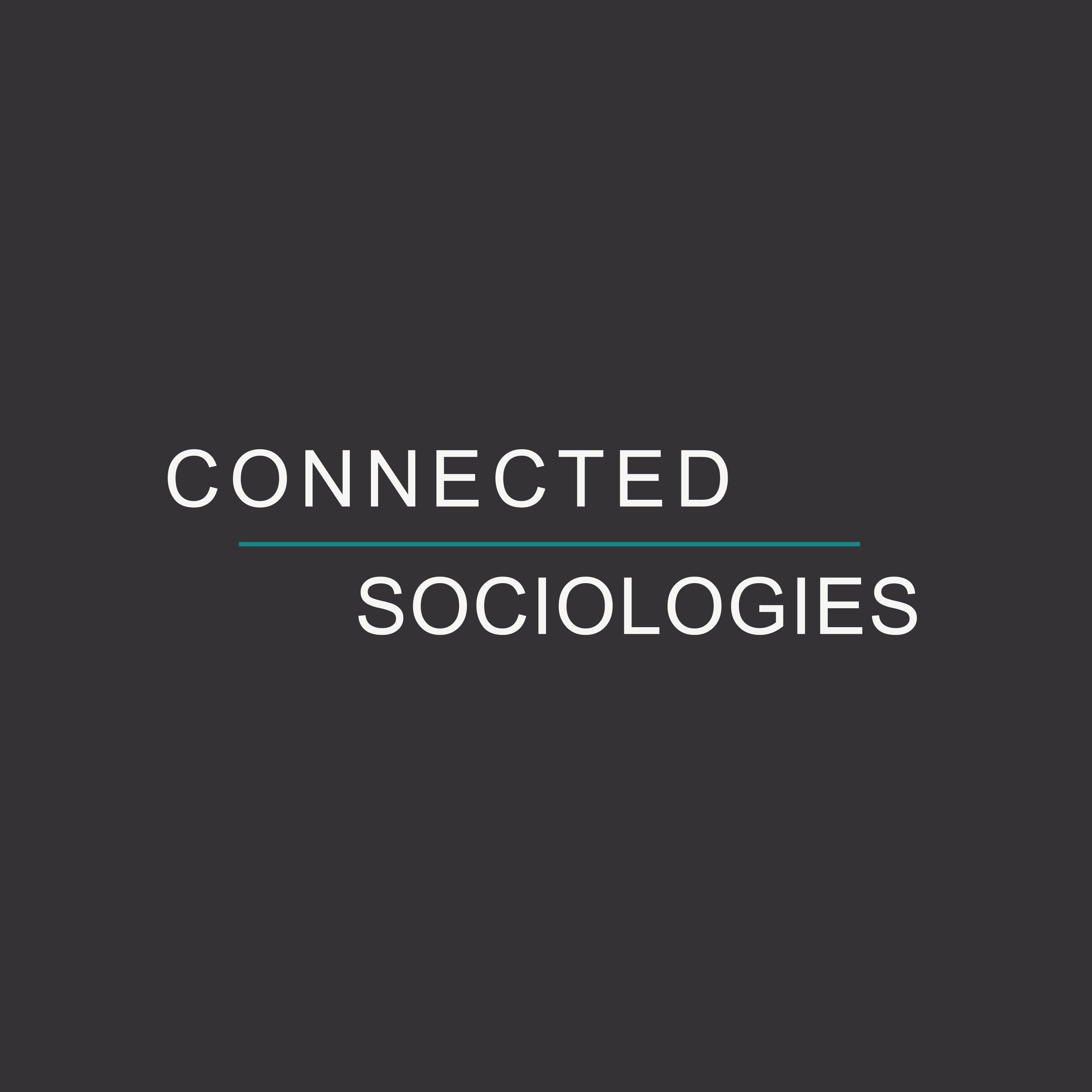
6.9K
Downloads
32
Episodes
Sociology is based on a conventional view of the emergence of modernity and the ‘rise of the West’. This privileges mainstream Euro-centred histories. Most sociological accounts of modernity, for example, neglect broader issues of colonialism and empire. They also fail to address the role of forced labour alongside free labour, issues of dispossession and settlement, and the classification of societies and peoples by their ‘stages of development’. The Connected Sociologies Curriculum Project responds to these challenges by providing resources for the reconstruction of the curriculum in the light of new connected histories and their associated connected sociologies. The project is designed to support the transformation of school, college, and university curricula through a critical engagement with the broader histories that have shaped modern societies.
Episodes

Monday Feb 08, 2021
Monday Feb 08, 2021
From (at least) the eighteenth century onwards, European philosophers and historians have represented the status of women as a crucial marker of a society’s level of civilisation, and have seen modernity as the era when women came to be accepted as individuals in their own right. In this framing of distinctions between ‘traditional’ and ‘modern’, it became one of the justifications for colonialism that it supposedly rescued women from precolonial abuses. The contrast is however highly contentious, and particularly so when ‘modernity’ so often maintained and intensified gender difference. Ideas about the superior treatment of women in modern societies continue to shape political discourse today.
Readings
- Amadiume, Ifi ‘Gender, Political Systems and Social Movements: a West African Experience’ pp35-68 in Mahmood Mamdani and Ernest Wamba-dia-Wamba (eds) African Studies in Social Movement and Democracy (Senegal, CODESRIA, 1995)
- Chakrabarty Dipesh, “The Muddle of Modernity”, The American Historical Review 116/3, 2011, 663-675
- Fanon, Frantz The Wretched of the Earth (Penguin, 1967)
- Farrar, Tarikhu ‘The Queenmother, Matriarchy, and the Question of Female Political Authority in Precolonial West African Monarchy’. Journal of Black Studies. 27(5), 1997:579-597.
- Hall, Catherine ‘Of Gender and Empire: Reflections on the Nineteenth Century’ in Philippa Levine (ed) Gender and Empire (Oxford University Press, 2004)
- Lugones, María 2011. ‘Toward a Decolonial Feminism,’ Hypatia 25 (4): 742-59
- Mamdani, Mahmood Citizen and Subject: Contemporary Africa and the Legacy of Late Colonialism (Princeton University Press, 1996)
- Phillips, Anne ‘Gender and Modernity’ Political Theory 46 /6, 2018
Resources
Maria Lugones, Global Social Theory
Gayatri Spivak, Global Social Theory
Postcolonialism, Global Social Theory
Decoloniality, Global Social Theory
Questions
- In what ways does the status of women figure in notions of modernity?
- How have these contributed to justifications of colonialism?
- How do contrasts between ’modern’ and ‘traditional’, and ideas about the superior treatment of women in modern societies, continue to play out in political discourse in contemporary Europe?

Comments (0)
To leave or reply to comments, please download free Podbean or
No Comments
To leave or reply to comments,
please download free Podbean App.